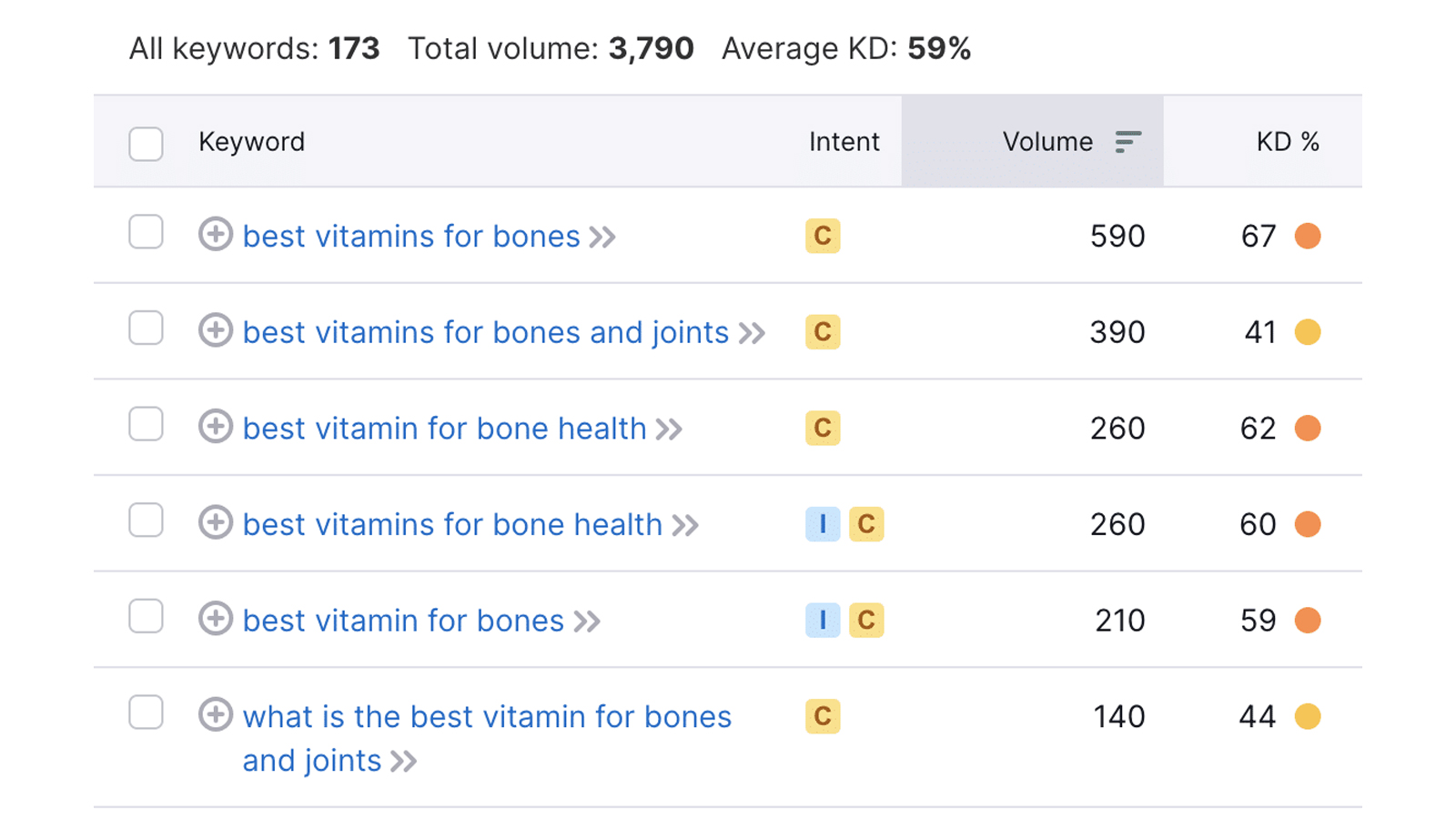Each year, thousands of would-be online business owners set out to make a name for themselves by selling a unique product or service; however, many of them either never get their business off the ground or fail after the first six months. While a number of factors can cause this failure, the most common is failure to understand how vital search engine optimization (SEO) is for a successful Web-based business. Thanks to sites like WordPress and affordable domain names, almost anyone can build a site, but not everyone can create effective, engaging content that also allows their website to rank high on search engines like Google, and that is why hiring professional content writers is a vital step for your online business success.
How to Choose Keywords for SEO that Actually Rank
How to Choose Keywords for SEO that Actually Rank If you are performing a home renovation and run into an issue, what’s typically your first response? It’s probably to grab your phone and type in a search. If you’re experienced in repairs, you might search “How to put in dry wall,” or you might search “Dry wall repairman near me.” Both those searches will pull up a unique list of relevant content businesses create to either educate you or help connect you to someone who can help. As a business, you can play a role in where your online content appears and who sees it. It’s not just up to chance. Through careful content optimization, you can improve your ranking. One of the most crucial parts of the optimization process is choosing the right keywords for your audience that will appear in search results. Learn how to choose keywords for SEO using just five simple rules. What’s the Big Deal with Keywords? Search engine optimization are strategies you perform to prepare your content for Google search, hoping you will rank high in search results. Since over half of web traffic comes from organic searches, optimizing your website for search should be a priority. However, you don’t want to appear in just any search results. You want to rank high in searches your ideal audience performs, ideally landing on the first page. The first page of Google search results receives the highest number of clicks. Google’s algorithm uses over 200 factors when ranking websites in search results. While each factor plays a role, one crucial factor is your keywords. Keywords for search engine optimization will help Google identify your content’s topic to ensure you appear in front of your target audience. You can use them on web pages or create blog posts to target keyword opportunities and increase traffic from those searches. A common misconception with SEO keywords is that they are terms you can input in your page’s code, telling Google, “Hey, this is the content’s topic!” Keywords are far more subtle than that. They blend right in with your content. There is no signal telling Google which terms are your keywords. However, by strategically placing them in your title, intro, and key areas in your content, Google’s algorithm will take note of the phrase. However, ranking for the keyword relies on you also performing other SEO strategies to build your authority, create quality content, and build trust with your audience. If you have those other strategies in place, selecting the most relevant and quality keyword fits the last puzzle piece in place for Google to rank you well in relevant searches. 5 Tips for Choosing Quality Keywords Here are a few of our top tips to help you appear in the RIGHT searches at the RIGHT spot in front of the RIGHT audience. Use these to learn how to choose SEO keywords that will rank in Google. Tip 1: Understand What Your Audience Is Searching While you can create your own keywords that match your topic, those keywords may not connect with your audience. Always start your keyword research by using a tool like SEMrush or Ahrefs to discover search queries your audience is performing rather than guessing at what terms to focus on. Every time you type a search into Google, it records it. Those are called search queries. Analyzing records of those queries will help you decide what phrases to use in your content. When you use the exact words your audience is searching for, you are more likely to appear as a search result than if you use random phrases throughout your content. Image from SEMrush Tip 2: Use Synonyms and Secondary SEO Keywords Selecting just one strong keyword in your content is a fantastic start, but you still have more you can do to help Google identify your content’s topic and rank that content in the most relevant searches. In addition to a primary keyword, you will also use keyword variations throughout your content. These are synonyms of your SEO keywords and phrases that commonly appear alongside them. For example, if you target the keyword “best phone,” you might also use the phrases “best smartphone” and “best iPhone.” Using synonyms avoids repeating the exact phrase throughout the article, which Google often sees as spam. It can also help you rank for more searches related to your primary topic. You can find synonyms and related keywords in your keyword research tool or by looking in the People Also Ask section of Google. Image from SEMrush Tip 3: Focus on High Traffic SEO Keywords Not all phrases are of equal value when you choose keywords for SEO. Some keywords bring in more traffic than others. Take a look at these two keywords. “Email marketing software” has 4,400 people searching the phrase monthly, while “Online marketing software” has 170 monthly searches. Targeting high-traffic keywords will bring more traffic to your site if you can rank in those searches. Image from SEMrush Tip 4: Go for Low Competition SEO Keywords Keyword traffic isn’t the only data that comes into play when strategically choosing a keyword. You also want to consider their keyword difficulty score. This score is a percentage of 100 that will tell you how many other sites wrote content on the same topic and whether those sites already have a solid online presence. A site with a strong brand is more likely to rank higher in search results than a new site or one with little authority. If you want to rank for a search, you want to avoid competing against businesses with significantly higher brand authority. For example, what happens when you search for “laptop repair?” You will see big names like Best Buy and HP repair services pop up on the first page. A small laptop repair business would struggle to gain a high-ranking spot for that keyword. However, a term like “laptop screen repair near me” has far less competition, mainly because you … Read more








